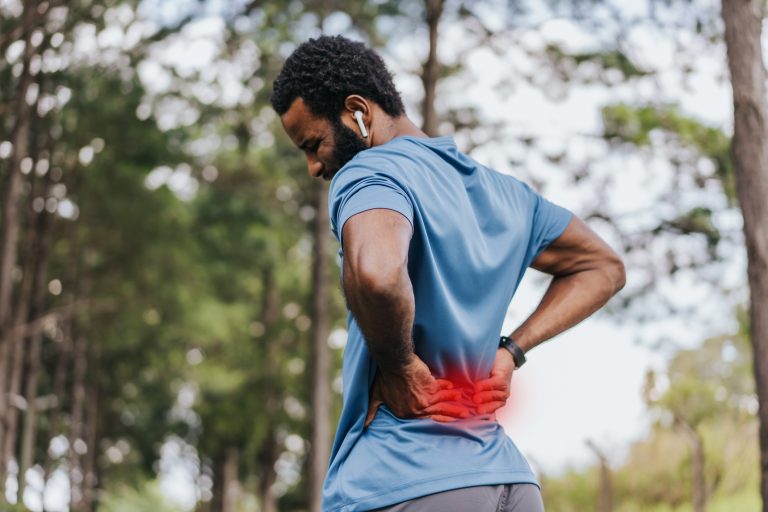Understanding the Cause of Collapsed Discs
The spinal discs serve as the spine’s shock absorbers, helping to cushion the other elements of the spine during movement. Made up of a tough outer wall and a gelatinous interior core, healthy discs quickly recover and return to their proper shape after being put under pressure. However, as a spinal disc loses its water content and elasticity following many years of wear and tear, it can begin to lose its natural height, which results in what is known as a collapsed disc. When this occurs, the normal buffer space between vertebrae is reduced and nerve roots and the spinal cord can sometimes be pinched, resulting in pain and other troubling symptoms of a collapsed disc that may require treatment.
Treating a Collapsed Disc
If you are experiencing bothersome symptoms and would like to continue participating in sports, there are a variety of collapsed disc treatment options that may provide the relief you are looking for. Some examples include:
- Altering your exercise options. It might be a good idea to consult with your physician to discuss which sports are the best options while you’re undergoing collapsed disc treatment. You may need to avoid contact sports and focus on low-impact activities such as swimming.
- Lifestyle modifications. Shedding excess pounds, eliminating alcohol and tobacco use, avoiding heavy lifting, and using better posture are a few of the options that can reduce the strain on your spine and lead to better overall spine health.
- Stretching and strengthening exercises. With your doctor’s approval, there are a variety of light exercises that can help strengthen the muscles supporting the spine while also improving your flexibility.
- Medications. Prescription and over-the-counter nonsteroidal anti-inflammatory drugs (NSAIDs) can reduce inflammation and help alleviate pain. Corticosteroid injections are also an option.
- Hot and cold therapy. Alternating heat and ice packs can improve circulation, relax muscles, and help reduce inflammation, both before and after exercising.
Treatment with BEST Health System
Patients experiencing collapsed disc symptoms should consult their physician to discuss treatment options. Athletes need to seek help for their condition so they can get back to the activities they enjoy. Contact BEST to learn more about our treatment options for collapsed discs.
